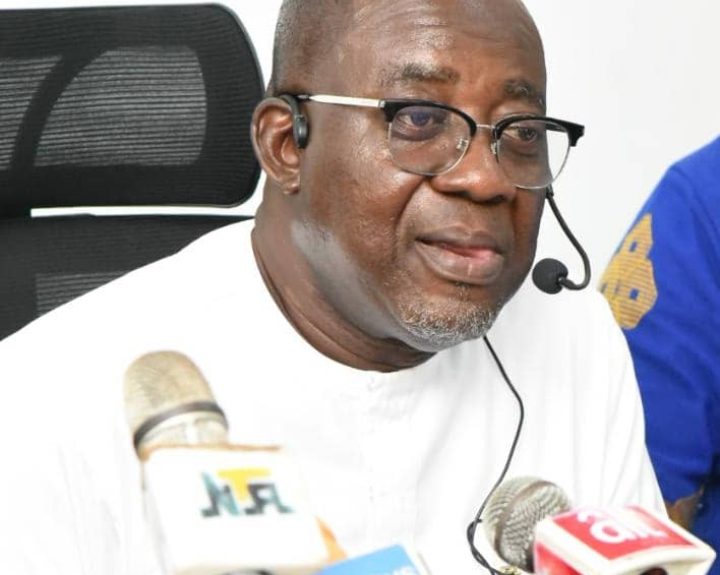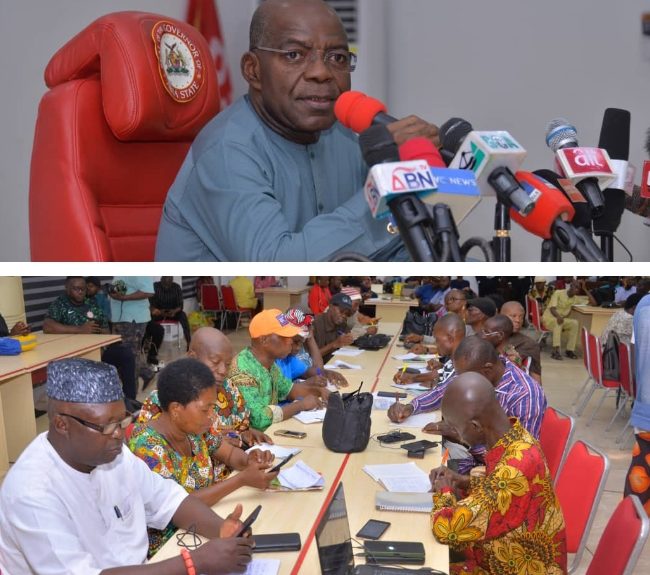The Human immunodeficiency virus HIV, is one of the diseases that was earlier declared as health Emergency by the United Nations over thirty-five years ago.
The virus, which was first detected in Nigeria in 1985, is transmitted to human beings through blood contact with an infected person.

The presence of HIV, which advanced to Acquired Immuno Deficiency Syndrome AIDS, brought fear among the populace and nations due to lack of drugs to combat the virus at the early stage.
However, the intervention of the international community, donors like, PEPFAR, Global Fund, and Joint United Nations Programme on HIV/AIDS UNAIDS, through funding and their research, led to the discovery of antiretroviral drugs and other pills, were responsible for the headway made in HIV response in Nigeria and the world in general.
For over thirty years, the US government, through PEPFAR and other donor agencies, have intensified efforts in making sacrifices amounting to billions of dollars annually to federal and state governments in reducing the mortality earlier associated with AIDS.
Today, the milestone achievement recorded in the HIV response in Nigeria should not be toyed with as the donor’ plans handover to the Nigerian government in the year 2030.
The truth is that the progress made in the HIV response in Nigeria, through the instrumentality of the US president’s Emergency Plan on AIDS Relief, cannot be allowed to die as the donors plan their exit and hand over ownership of the HIV response to the Nigerian government.
The truth is that the government at all levels in Nigeria should align them with the sustainability plans championed by PEPFAR by putting their houses in order, assembling the medical personnel, and designing structures that can assist them in sustaining the gains achieved in HIV response.
Although some will say that HIV is no longer a problem in Nigeria, but the truth remains that HIV is still with us, and people have to avoid practices that expose them to contracting the virus, such as unprotected sex and the use of sharp objects used by another person, as well as careless lifestyles.
Frankly speaking, Nigerians will not want to go back to the initial days were people with HIV/AIDS died without proper medication, as today a woman who is HIV positive can give birth to a negative child.
With proper medication, people living with HIV/AIDS can live their normal life and contribute to the sociopolitical and economic development of the nation.
To ensure a seamless transition of HIV ownership to government-led implementation and funding voices of Civil Society Organizations, Community leaders who are the first respondents and religious leaders should be carried along by the federal and state governments in the structures that should be adopted to maintain sustainable response.
In recognizing the important role of media, a similar dialogue has been held in Lagos state Nigeria by the PEPFAR, Henry Jackson Foundation, Living Health International, Against AIDS aimed at putting down images and languages that fueled up stigma and discrimination against people living with HIVAIDS and upholding their rights and dignity.
More so, Nigerian government should put resources together for researches that will facilitate the manufacturing the HIV drugs, as well as addressing health personnel massive migration to abroad.





